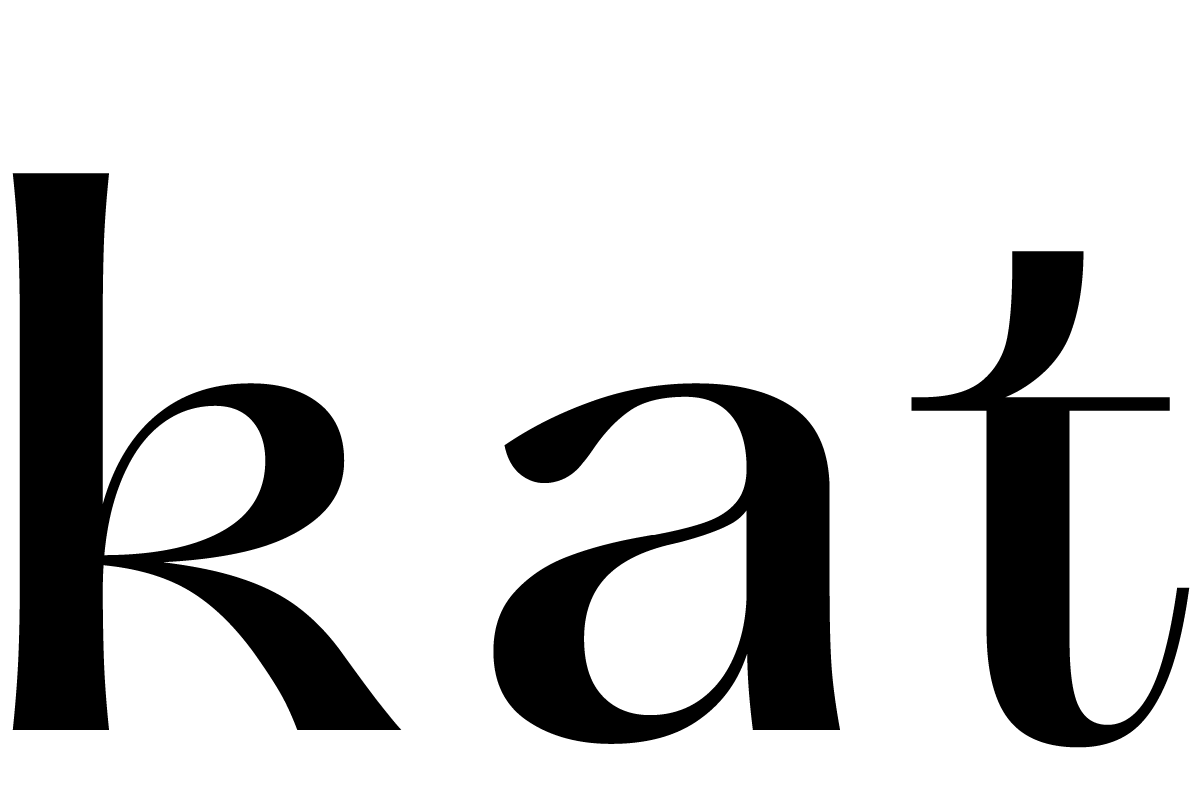HOLD THE PHONE - EMPATHY IS BAD!?
Yale psychologist Paul Bloom has created a case against empathy, arguing that compassion is the better alternative to empathy when it comes to moral reasoning. He actually claims that empathy is… bad? If you’re thinking the same thing as me, you’re thinking, WAIT WHAT!? Haven’t I spent the last 2 months arguing in defense of empathy, talking about how it is the core of human-centered design? Isn’t empathizing with the intended target the foundation of being a human-centered designer? Yeah, you could say this article sent me into a craze of over-thinking and analyzing.
I have to say, in the end, I’m not convinced. Ambiguous definitions of concepts like empathy are ultimately subjective. To me, empathy is identifying the emotions of another and relating to them. I’ve learned the difference between sympathy and empathy, with the latter having a more intimate connection than the former. To Bloom, empathy is actually feeling what the other is feeling; experiencing the anxiety, the hurt, the joy, the happiness at the same time as them. He says this only brings more pain to the world and can numb us to the sensitivities of larger groups of people. Bloom argues that what the world needs is people who use their heads over their hearts, and prioritize reasoning over compassion.
So I get this guys logic, and honestly, this article will probably keep me up at night. The author, Sean Illing, challenges Bloom’s argument in a philosophical and provoking way. But Bloom has this theory on lock, and he’s not budging. He really focuses in on all of the pitfalls of empathy: its restraining role in decision making and how it acts as a spotlight, creating bias wherever you point the light. It can lead us to making unethical, limited decisions because of its inability to let us see the differences between 100 and 1000 people.
While I love to have my opinions and knowledge challenged, I think I’m sticking to what I know after reading this. To be empathetic is to love your neighbor, to identify with their pain and feel compassion for their needs. I acknowledge that compassion can lead to greater good. However, I think to have empathy is to listen to the needs of others and act on those needs specifically because you understand why they feel that way and why they have those needs. Compassion is to look at the problem, feel for the person experiencing it, and look for ways of removing the problem all together. I am a changer, a fixer, and a doer. I hate to sit in sadness and dwell over problems. I HATE just complaining without action. But through relationships with people different than me, I’ve learned this is not what everyone needs. My best friend used to say “Just let me complain!” She didn’t need me to offer advice or seek after a solution, she just needed to feel what she was feeling, express it, and find community to be there with her through whatever she was going through. Learning to do that is empathy.
Where I do agree with Bloom is his view on reason. This is the distinction I make when faced with the overwhelming feeling of needing to change the world. We need logic and apathetic, emotionless thinking to stay on track. Thinking with your head and not your heart is great advice for many situations. It helps clear up confusing emotions and broaden our perspectives. But ultimately, like Bloom also says, reason has to end. Reason is a means to an end, but the ends are not determined by reason. Our ultimate goals should be guided by empathy, or compassion if you feel so inclined to say, but we should follow logic & reason to get there.
SEPTEMBER 2020
